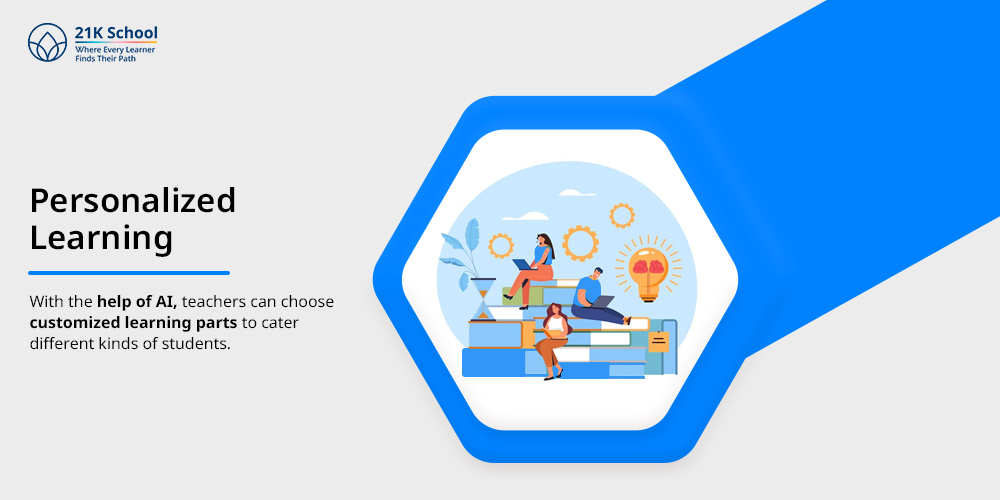
Introduction to Online Learning
Online learning refers to a range of learning solutions and teaching methods that can be availed through various computer technologies. Today, education is one of the most important gainers of the telecommunications revolution. The most preferred mode of education is online learning — not only for large corporate establishments offering skill improvement solutions for their employees but also for individual students seeking both basic and higher education. Recognized as Computer-Based Training or e-Learning, online tutoring, internet education makes it possible for learners of all ages to access quality and cost-effective education at their convenience of place and time.
The Role of Artificial Intelligence in 2026
In 2026, this revolution in personalized online learning has been further amplified by artificial intelligence (AI), which enables learners to share solutions and ideas in real time across borders. The ability to connect diverse minds and collaborate globally is redefining how knowledge is created and shared.
Types of Online Learning Programs
Online programs can be either supplementary or comprehensive for a child’s education. Some online learning courses are full-time. Students enrolled in full-time online programs do not attend a conventional brick-and-mortar school but study almost completely online. Supplemental courses provide students the chance to take individual subjects in an online setting to complement their conventional school training. For instance, a student who wishes to take a class not provided by their school — such as an advanced placement course — can easily enroll in an online learning program in that subject.
Accessibility and Global Reach of Online Education
This high level of accessibility is particularly favorable for students pursuing higher education. Learners from distant locations across the world can earn their preferred certifications and degrees without having to travel or rely on traditional modes of distance learning. Moreover, the internet has enhanced learners’ ability to access vast amounts of information to support their research and learning needs. Conducting surveys and research is no longer dependent on physical libraries or in-person audiences, as AI-powered systems streamline data collection and analysis.
Online Learning Support Services
There are various online learning help services available, such as Textbook Solution, which offer textbook answers, quality assignments, and research-level projects. These platforms have highly qualified and experienced tutors who assist students in completing their assignments and homework efficiently.
Collaborative and Interactive Learning Experiences
Online learning also fosters the ability to share solutions and ideas with different audiences irrespective of their physical location. This feature is particularly beneficial for children’s basic education. In today’s world, children are no longer limited to field trips within their local communities. Instead, they can virtually explore other cultures and connect with students worldwide to learn about diverse perspectives. For example, virtual meeting rooms can facilitate online field trips, allowing students in an American town to visit schools and interact with students in a distant Chinese village. This level of convenience is nearly impossible through conventional classroom training.
Benefits for Working Professionals
One significant group of learners who have greatly benefited from the online education revolution is working professionals. They must constantly update their skills to stay relevant in their fields, and online education enables them to do so without taking breaks from work. Many professional education associations now offer valuable online courses that help individuals earn certifications and degrees at their own pace and convenience. Combined with cost-effectiveness, this flexibility has made online education one of the most preferred modes of learning across the world.
Balancing Technology and Human Values in Education
Thus, in today’s AI-driven educational landscape, there is less need for a traditional teacher to serve solely as a protector or advocate. However, the world still presents challenges, and professors often find themselves asked to compromise student services to meet institutional budgets and constraints. Such conundrums highlight the ongoing evolution of education — where technology and human values must coexist harmoniously to ensure the best learning experience for all.